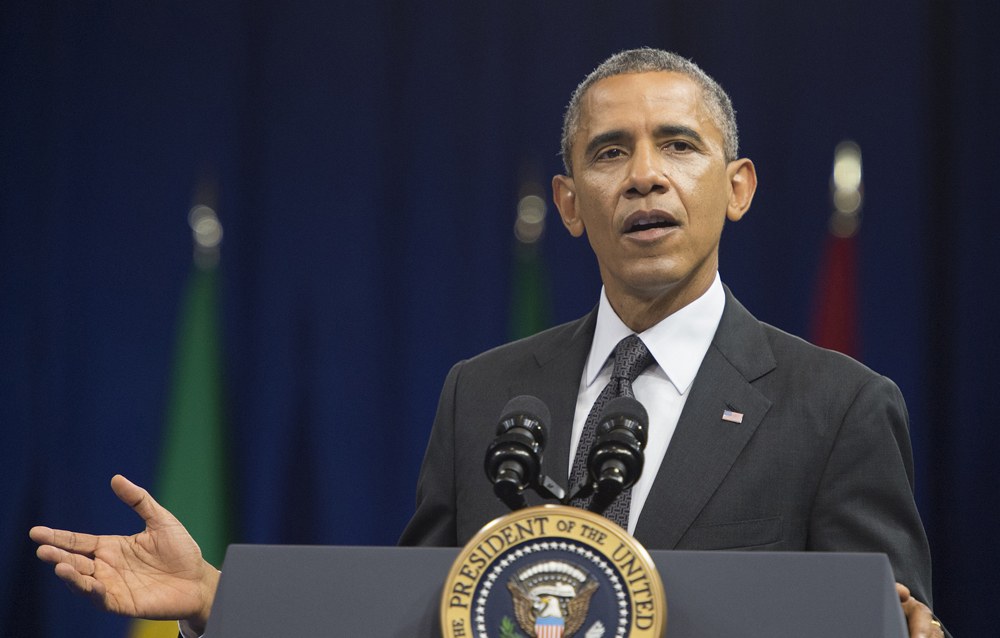On January 12, the White House announced the end of the “wet-foot, dry-foot” policy towards Cuban migrants. Effective immediately, Cubans who attempt to enter the U.S. unauthorized will be treated the same as other migrants. They will not be automatically “paroled” (granted entry to the United States by an immigration officer), and thus eligible for benefits under the Cuban Adjustment Act, including eligibility for permanent residence after one year.
The administration also announced that, in light of the increased “normalization” of relations between Cuba and the United States, Cuban migrants will no longer be exempt from expedited removal, where individuals are summarily removed from the country without ever seeing an immigration judge. Also being terminated is a special program offering parole for Cuban medical professionals and their families.
The administration will retain the Cuban Family Reunification Parole Program, which allows Cuban family members of U.S. permanent residents or citizens to come to the United States while they wait for their immigrant visa to become available.
In a U.S.-Cuba joint statement, the United States committed to continuing its policy of admitting 20,000 Cubans directly from Cuba each year. In addition to accepting U.S. returnees, Cuba committed to taking back more than 2,700 Cubans who arrived in the United States in the 1980 Mariel boatlift who were deemed excludable from the United States.
The “wet-foot, dry-foot” policy was begun in 1995 under the Clinton administration. Under this policy, if Cuban migrants—at the time more likely to be traveling by boat from Cuba to Florida—were picked up at sea by the U.S. Coast Guard, they were returned to Cuba. If they made it to U.S. shores, they were paroled and allowed to stay.
Since the Obama administration began the process of normalizing relations with Cuba, attempts by Cubans to reach U.S. soil have increased. In Fiscal Year 2016 through January 6, 2017, more than 1,800 Cuban migrants had been interdicted at sea and repatriated by the Coast Guard.
In addition, thousands of Cubans made their way over land, often starting in Ecuador, which until recently did not require Cuban visitors to obtain visas. The migration of so many Cubans through Central America and Mexico created a situation where leaders of these countries urged the Obama administration to change its policy toward Cuban migrants.
The Cuban Adjustment Act became law in 1966 to protect Cubans who were presumed to be fleeing political persecution. It preceded the Refugee Act of 1980, which provided an opportunity for migrants of all nationalities to seek refuge in the United States because they were fleeing persecution. But the Cuban Adjustment Act remained on the books, allowing Cubans to remain in the United States without the burden of proving a fear of persecution.
Cuban Americans in Congress reacted critically. Senator Robert Menendez (D-NJ) said in a statement that, “[w]e should never deny a Cuban refugee fleeing a brutal regime entry into the United States.” Representative Mario Diaz-Balart (R-FL) said that the administration, with its policy change, was making “yet another shameful concession to the Castro regime” and that the administration was “denying oppressed Cubans the presumption of political asylum.”
It is important to remember that Cubans fearing return to Cuba will be entitled to apply for asylum, just as any other migrant fearing return has the right to do. With the newly announced policy, Cubans will no longer automatically be entitled to the benefits provided by the Cuban Adjustment Act—including the ability to stay in the United States and eventually to become a citizen.
Photo Courtesy of IREX.
FILED UNDER: Cuba, featured, Mario Diaz-Balart, Robert Menendez


